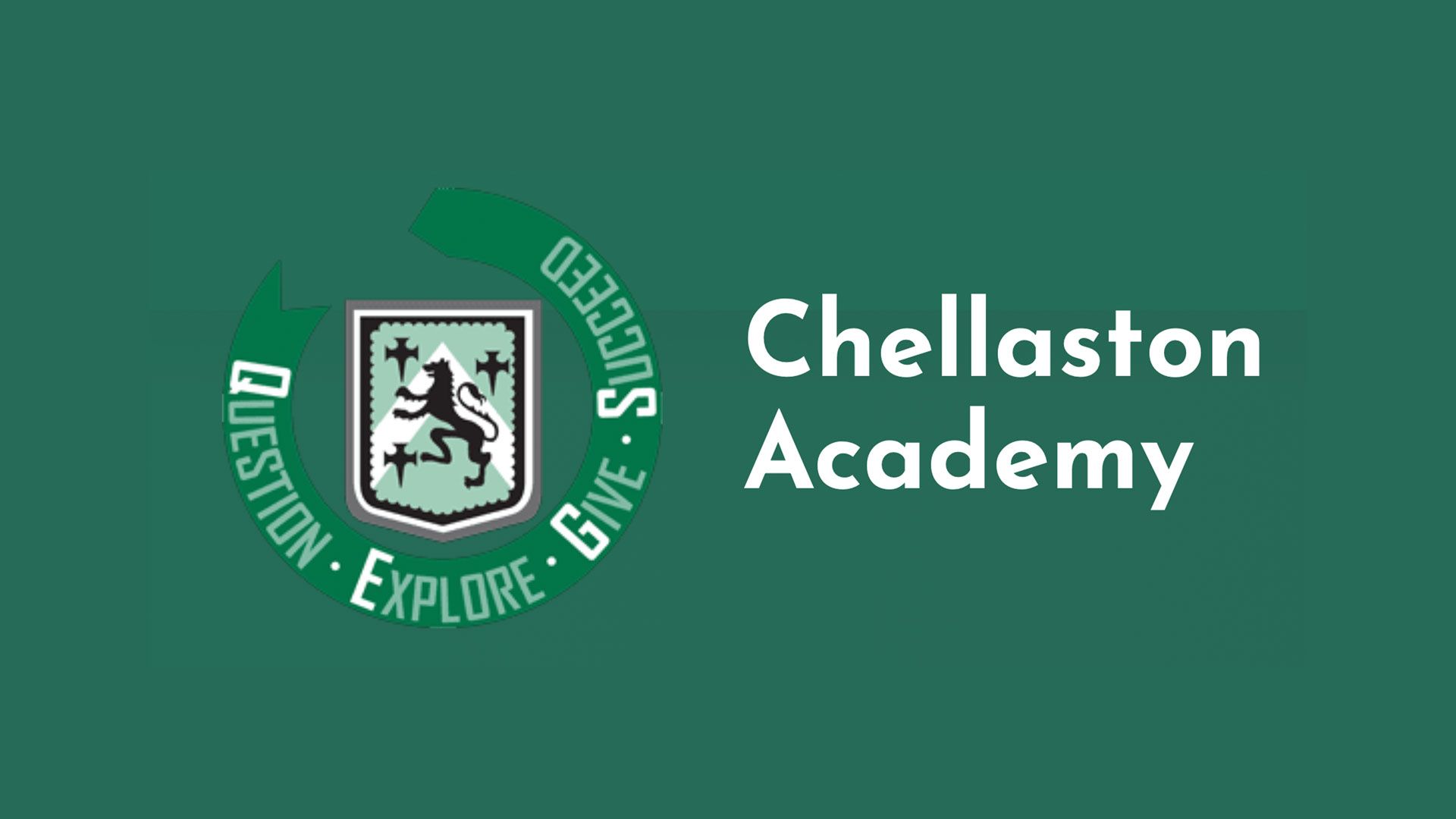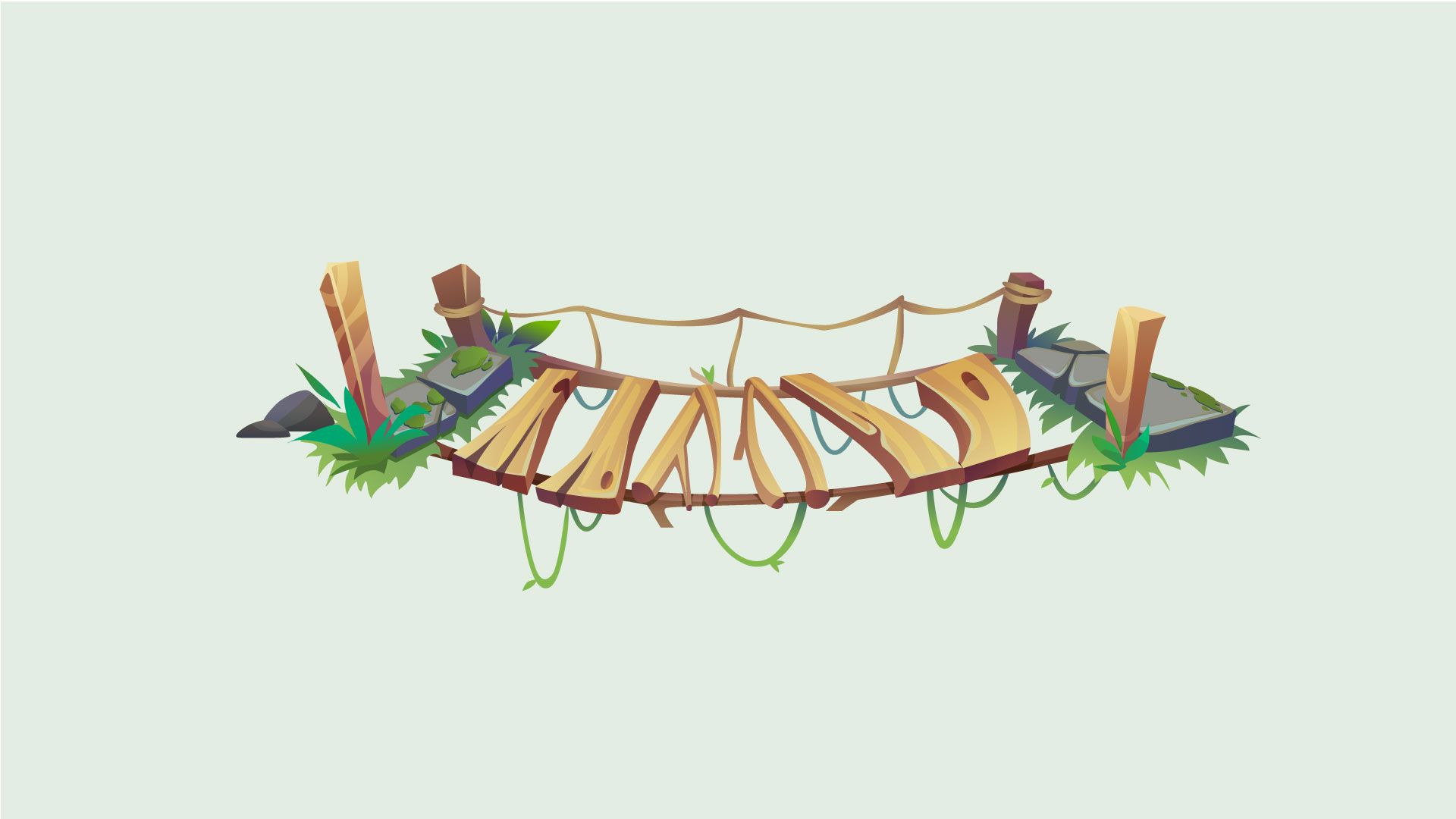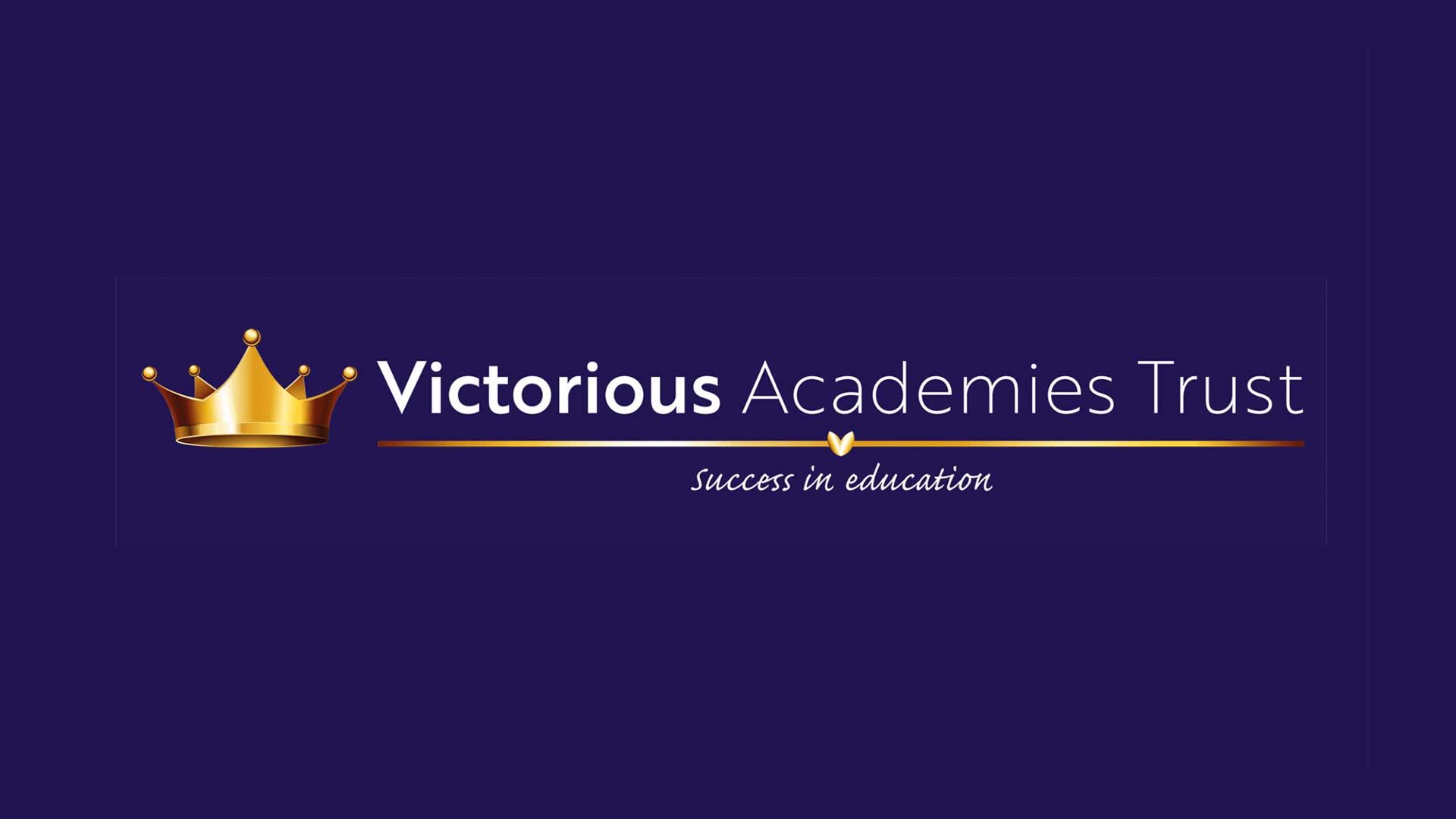How to get kids to like maths

Between the ages of 8 - 14, my friends became slowly disengaged with maths and by the time it wasn’t compulsory, we were thrilled! And it seems things haven’t really changed. In 2017, the percentage of A-level students studying mathematics was only 13%. Unfortunately, it’s often seen as something you have to study to follow certain career paths or by those on a path to ‘serious’ academia.
However, once the happy early primary school years of maths subside, one of the only ways to succeed in maths is to view the abstract - understanding theories that aren’t always tangible to everyday life. Creativity and flexible thinking are crucial to this, so introducing fun and imagination at younger ages can help immensely. Fun and maths aren’t traditionally thought of as compatible…
Well, we’re here to shake things up a bit.
Making maths fun
- Real-Life Applications
Show kids the practical side of maths by linking it to real-world scenarios. For instance, involve them in measuring ingredients while cooking, calculating discounts during shopping trips, or figuring out travel distances on a map - something we could all do with as the holidays approach! This hands-on experience helps them see the relevance of Maths in everyday life so it doesn’t seem too abstract or irrelevant.
- Maths Games and Puzzles
Turn learning into a game. There are countless maths-oriented board games, card games, and puzzles that can make the subject more enjoyable. Games like "Maths Bingo," or even classic games with a maths twist, can make learning fun and engaging. One great way to weave maths into other subjects is to get children to create their own games - designing and making them for younger year groups or even to challenge each other.
- Incorporate Technology
Use technology to make maths more interactive. Educational apps, online games, and interactive websites provide a dynamic learning experience. Many apps are designed to teach various Maths concepts in interactive and visually appealing ways. Gamifying subjects links quite easily to how children tend to consume content these days anyway, and there are plenty of free websites to help with concepts or simply to practice rapid recall of times tables.
- Maths in Nature
Explore maths in nature. Counting petals on a flower, identifying geometric shapes in leaves, or observing patterns in the growth of plants can make things more tangible and enjoyable. Nature walks, and outdoor activities can serve as excellent opportunities to work maths into the environment - and it’s a great way to get everyone out for a bit of fresh air. Learning without realising it? Yes, please.
- Storytelling with Maths
Introduce maths concepts through stories. Create narratives that involve characters solving maths problems or going on maths-related adventures. Capturing the imagination is a key element to better learning - and there’s no better way of helping children remember a concept than through story-telling. Our brains have used it since we first had conscious thought to help us make sense of the world around us.
- Maths Competitions and Challenges
Foster a sense of healthy competition by organising maths challenges or competitions. Encourage teamwork and friendly rivalry, making maths a social and enjoyable activity - there’s nothing better than a maths-related relay race in PE or an end-of-topic ‘pub quiz’... minus the wine, unfortunately!
Rewards or recognition for achievements can further motivate kids to work hard and achieve their best in maths. Always be sure, though, to celebrate small victories and progress. Positive reinforcement can boost a child's confidence and motivation to tackle more challenging parts of maths, so praise their efforts and emphasise that making mistakes is a natural part of the learning process.
By combining creativity, real-world application and interactive experiences, we can transform maths from a daunting subject into one that they actively enjoy - yes, even the dreaded long division! The key is to make learning enjoyable, relevant, and engaging to help children build a positive relationship with maths that they can take with them into GCSEs and beyond.
Why not get in touch to talk about our ‘Amazing Brain’ workshop for your pupils - helping them tackle tricky concepts with confidence? Get in touch with Doug -
Victoria Maitland has a background in performing arts and brings a wealth of experience working with children and young people in education and community organisations. She’s written and delivered sessions on literacy, STEM, history, and politics with some of the country’s leading education workshop providers. She can also touch her elbow with her tongue.
More














